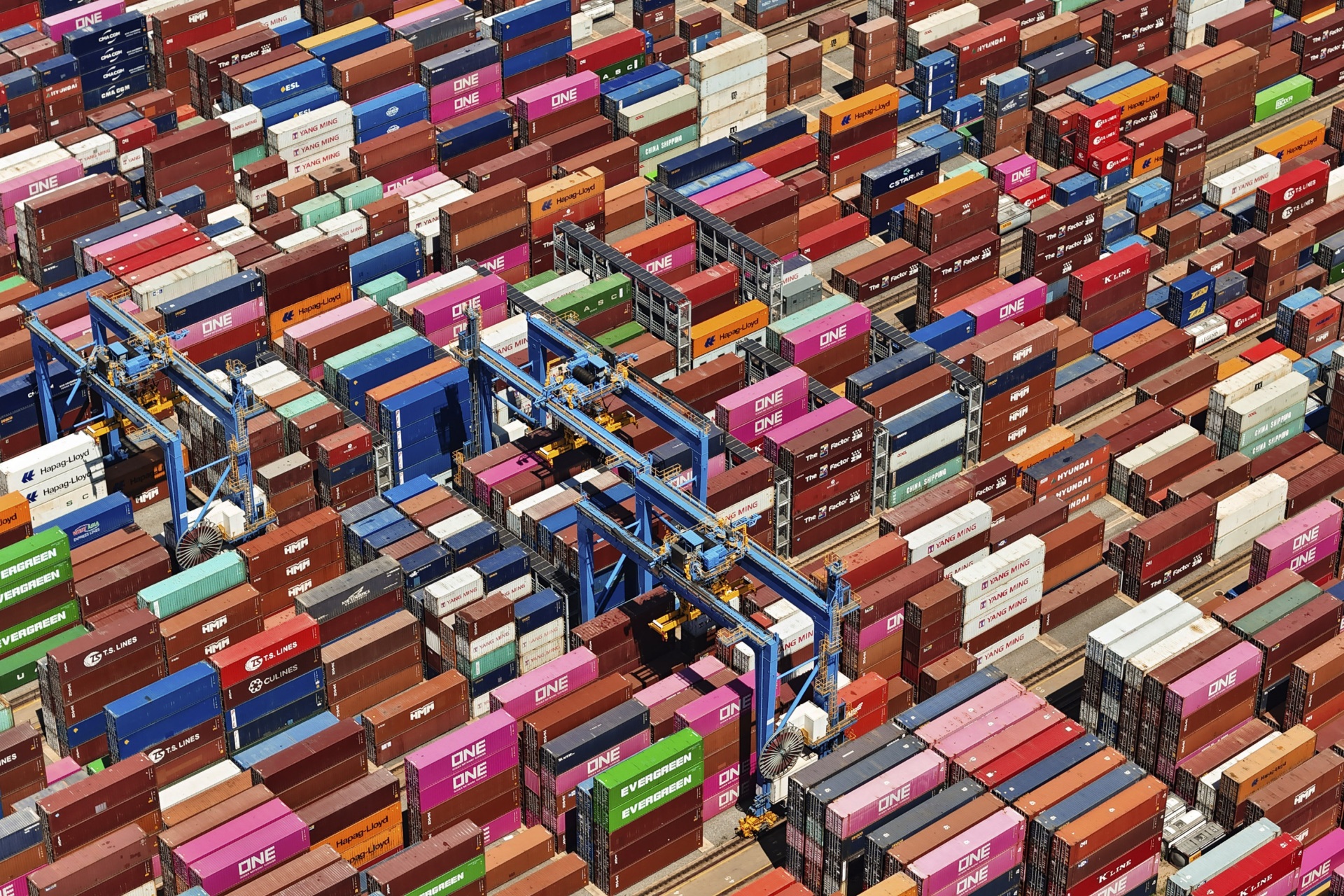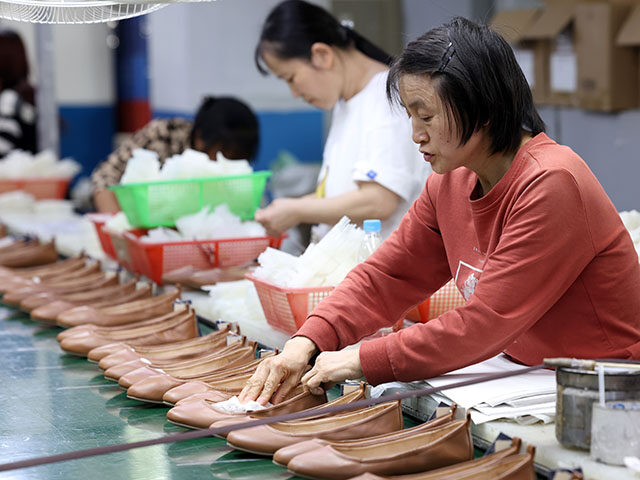The Department of Homeland Security (DHS) on Tuesday banned three more Chinese companies from importing goods tainted by Uyghur forced labor.
DHS said the bans were an important step toward putting several key industries on notice that slavery will not be tolerated.
WATCH — Blinken: There’s Evidence China Is Trying to “Influence and Arguably Interfere” in Our Elections Despite Biden’s Warning:
The import ban list was established under the Uyghur Forced Labor Prevention Act (UFLPA), a 2021 law that presumes nearly all products shipped from occupied East Turkistan – which China refers to as the “Xinjiang Uyghur Autonomous Region (XUAR)” – are tainted by forced labor and requires import companies to prove they are not.
East Turkistan is the home of the oppressed Uyghur Muslims. The Uyghurs have been herded into concentration camps by China, subjected to forced population control measures, and sold off to Chinese companies as slaves.
The three blacklisted companies are Dongguan Oasis Shoes, Xinjiang Shenhuo Coal and Electricity, and the Shandong Meijia Group. Xinjiang Shenhuo Coal manufactures electrolytic aluminum, while Shandong Meijia, which also does business as Rizhao Meijia, processes seafood.

An aerial view of a container port is seen in Qingdao in east China’s Shandong province Thursday, June 6, 2024. (Chinatopix via AP)
Dongguan Oasis Shoes is a supplier to the Skechers multinational footwear company. Dongguan Oasis has allegedly cooperated with a paramilitary corporation called Xinjiang Production and Construction Corps (XPCC) to recruit Uyghur labor since 2016.
Foreign journalists discovered that the dormitory for Uyghur workers at the Dongguan Oasis factory was surrounded by barbed wire and patrolled by uniformed guards. The Uyghur workers were kept racially segregated from ethnic Han employees of the factory.
Skechers claimed in March 2021 that Dongguan Oasis passed an audit for adhering to its code of conduct and saw “no reason to believe” Uyghur slaves were working on its products, despite loud warnings from human rights activists. Skechers nevertheless said on Tuesday it would accept the DHS ruling.
Xinjiang Shenhuo Coal produces metal used in vehicles and consumer electronics. According to DHS, the company participated in a program sponsored by the Chinese government in Xinjiang to “recruit, transfer, and receive persecuted groups, including Uyghurs, out of the XUAR.”
WATCH — Dem Rep. Krishnamoorthi: China Subsidizes Illicit Fentanyl Exports, Controls Many Companies That Export Fentanyl:
Shandong Meijia Group is among the companies scrutinized by the U.S. Congressional-Executive commission on China (CECC) for moving “slavery out to sea,” as a report from a nonprofit human rights and environmentalist group called the Outlaw Ocean Project put it. China uses forced labor to swell the ranks of its gigantic and rapacious fishing fleet, which encroaches on the territorial waters of other Asian nations and ruins their fishing ground by depleting stocks.
“Through these actions, DHS is increasing its focus on seafood, aluminum, and shoes – sectors that play an important role in Xinjiang’s economy – and ensuring goods made with forced labor are kept out of the U.S. market,” DHS said when announcing the three new additions to its import ban list on Tuesday.
The U.S. State Department has classified China’s abuse of the Uyghurs as genocidal.
The regime in Beijing constantly denies these allegations of abuse and did so again on Tuesday. The Chinese embassy to the United States dismissed the DHS statement as “nothing but an egregious lie propagated by anti-China forces and a tool for U.S. politicians to destabilize Xinjiang and contain China’s development.”
Chinese embassy spokesperson Liu Pengyu claimed the UFLPA “not only severely infringes on the human rights of people in Xinjiang but also destabilizes global industrial and supply chains and sabotages international trade rules.”

COMMENTS
Please let us know if you're having issues with commenting.